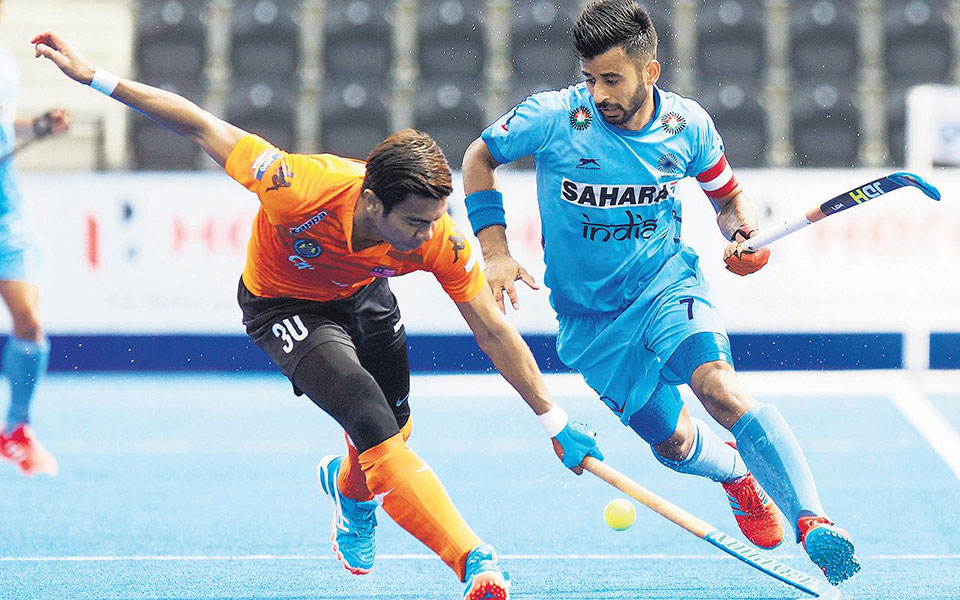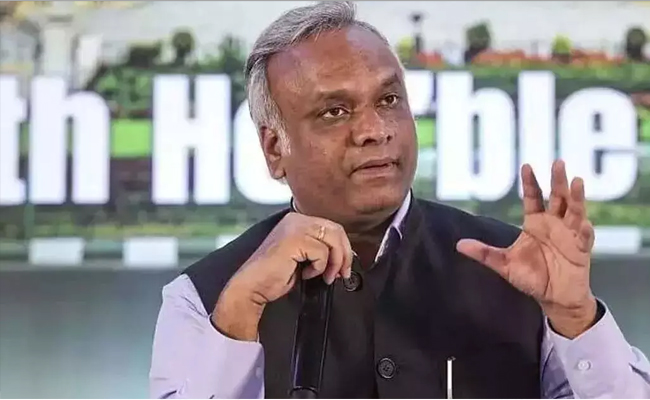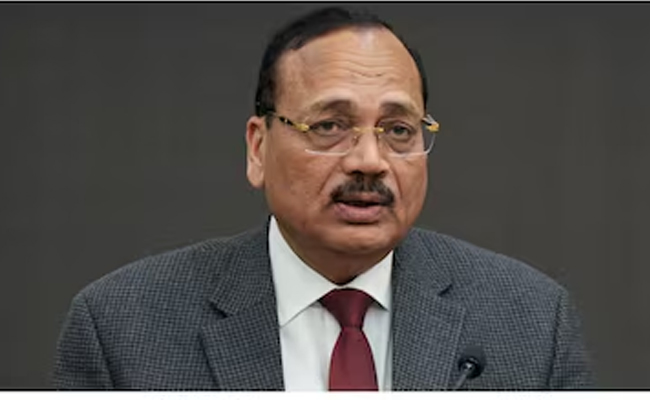Gold Coast (Australia), April 10: India qualified for the semi-finals of the men's hockey tournament after defeating Malaysia 2-1 in a Pool B match at the 21st Commonwealth Games on Tuesday.
Harmanpreet Singh (3rd, 44th minutes) converted a couple of penalty corner while the experienced Faizal Saari (16th) reduced the deficit for Malaysia immediately after the start of the second quarter.
This is India's second consecutive win of their current campaign. India now top the pool table with seven points from three matches.
They will play their last pool match against second placed England on Wednesday. With the top two teams advancing to the last four stage, India are assured of a place in the semi-finals as they will finish second in the pool in case of a loss.
However, England face a must win contest as a defeat will put their chances in jeopardy.
India had squandered a 2-0 lead to be held to a last gasp 2-2 draw by arch-rivals Pakistan in their opening match. The former Olympic champions then defeated Wales 4-3 in a high scoring encounter.
"We are happy to be on the winning side. I think the team has improved since our first match against Pakistan. Though there are still certain areas we must get better with, this win will give the team a good momentum for the next match," India's chief coach Sjoerd Marijne said after the match.
"It's not about the opponents but our own game. I am yet to see this team come up with a 7/10 performance in this tournament. If each of them manage to play their role to perfection, I am confident of a good show against England," he added.
India got off to an ideal start with forward Mandeep Singh winning the first penalty corner of the match in the second minute.
Harmanpreet came up with a perfect dragflick, improvising on the injection and keeping the ball low to his right to find the gap and fetch India an early lead.
Though Malaysia too won a penalty in the fifth minute, Razie Rahim's flick was off the mark.
Buoyed by the lead, the Indians dominated possession and kept the Malaysian defenders on their toes with a constant stream of attacks.
Forced to defend in numbers Malaysia focussed on keeping out the Indian attacks and hitting back with the occasional counter-attack.
Malaysia found the equaliser immediately after the start of the second quarter as a fast move down the right saw Faisal beat the Indian defence with an excellent run before receiving a defence splitting pass which found him in a one to one situation with India goalkeeper P.R. Sreejesh.
Faisal did well to control the ball before beating Sreejesh with a superb finish from a tight angle.
Although the Indians continued to dominate ball possession, they found it tough to penetrate the well-organised Malaysian defence.
The Indians did create a few chances with Mandeep and Gurjant missing the target in the 21st and 28th minutes respectively.
The Indians also did poorly with the penalty corners as they squandered seven of the nine set pieces they earned over the course of the match.
India upped their attack in the third quarter, pushing for the elusive lead. Dilpreet Singh had a shot on goal but was saved by the Malaysian defence.
Harmanpreet found the decisive goal in the closing stages of the third quarter when he converted a penalty corner with an excellent placing into the top left corner that beat the Malaysian custodian with its power and precision.
The fourth period saw the Indian continue to dominate their opponents although the Malaysians attacked desperately in the final few minutes to ensure a tense finish.
S.V. Sunil earned India a penalty corner in the 57th minute. But an alert Malaysian goalkeeper came up with a brilliant save to keep Harmanpreet Singh from completing his hat-trick.
Let the Truth be known. If you read VB and like VB, please be a VB Supporter and Help us deliver the Truth to one and all.
Bengaluru: Rural Development and Panchayat Raj Minister Priyank Kharge has alleged involvement of the Rashtriya Swayamsevak Sangh (RSS) in a money transfer network at global level.
Posting his allegation on his personal ‘X’ account on Saturday morning, Kharge said that he was referring to an issue that had not been dealt with decisively by Indian media houses.
“Here is a crucial story that the Indian media will never touch,” the minister has said, and clarified, “This so-called “body of individuals” has built a global network of over 2,500 affiliated organisations. Through these fronts, the RSS collects “guru dakshina” to fuel its divisive agenda. (sic)”
Kharge has further alleged, “The world’s largest NGO is running amok, laundering money and evading accountability.”
The minister added, “Here is a map of their organisational architecture of their “Vichar Parivaar.” https://rssproject.caravanmagazine.in / @thecaravanindia”





